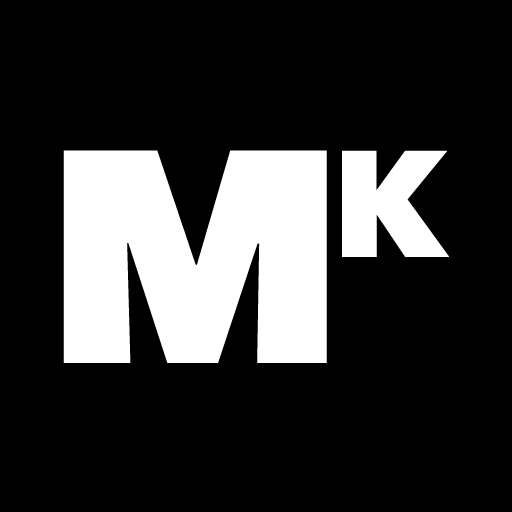RemediSG
A Second Chance for Unused Meds
How I Designed a Platform to Reduce Medication Waste and Improve Access to Essential Treatments in Singapore
The
Problem
Imagine mountains of unused medications piling up in landfills, polluting the environment and wasting valuable resources. This is the stark reality of medication waste, a global issue that not only harms our planet but also prevents individuals in need from accessing essential treatments. Healthcare organizations often have surplus medications, while underserved communities struggle to get the treatments they require.
This problem needed an urgent and sustainable solution.
The Opportunity
At the “Build for Good Environment” hackathon organized by OGP, I joined a team of four to tackle this challenge. Together, we set out to create a platform that would redistribute surplus medications safely, efficiently, and sustainably.
The Approach
The
Solution
To tackle this, I joined the “Build for Good Environment” hackathon organized by OGP, as part of a four-member team. Together, we envisioned a system for medication exchange that connects organizations with surplus medications to those in need, prioritizing safety, efficiency, and quality.
My Role:
- User Researcher: Designed and conducted a survey with over 700 participants to validate the need for the platform.
- UX Designer: Created intuitive workflows to ensure seamless medication redistribution, focusing on safety and usability.
- Project Coordinator: Collaborated with team members to prioritize features and align on the implementation roadmap.
Key Insights from Research:
- 95% of survey respondents had unused medications they wanted to donate.
- Safety and quality assurance were critical concerns for participants.
- These findings shaped our focus on a B2B model, facilitating donations between healthcare organizations for better medication safety and streamlined processes.
We developed RemediSG, a web platform that bridges the gap between surplus medications and those in need.
The
Impact
Our solution created significant benefits for both the healthcare ecosystem and the environment:
- Reduced Waste: By redistributing surplus medications, we minimized environmental harm and saved valuable resources.
- Improved Access: Provided essential medications to underserved communities and free clinics, ensuring treatments reached those who needed them most.
- Enhanced Sustainability: Encouraged the reuse of healthcare resources, promoting a greener and more sustainable system.
Pilot Program Results:
- Facilitated the donation and redistribution of S$600 worth of medications, with S$108 dispensed to patients.
- Prevented surplus medications from being wasted and reduced CO2 emissions associated with improper disposal.
Lessons Learned
This project offered invaluable insights and reinforced several key principles:
1. User-Centric Design:
Deep research uncovered real pain points, such as the need for safety and transparency in medication donations. This informed the platform’s design and functionality.
2. Collaboration is Key:
Working closely with my team ensured that the solution balanced user needs with technical feasibility.
3. Simple Ideas, Big Impact: Even modest redistribution efforts can create significant environmental and social benefits, demonstrating the power of scalable solutions.
Conclusion
By marrying UX design, user research, and collaboration, RemediSG addresses a critical global issue while making a tangible impact. As the platform evolves, it aims to build a sustainable future where medication waste is minimized, and every individual has access to essential treatments.
This project deepened my skills in UX strategy, research, and cross-functional collaboration—lessons I am excited to bring to future challenges.
